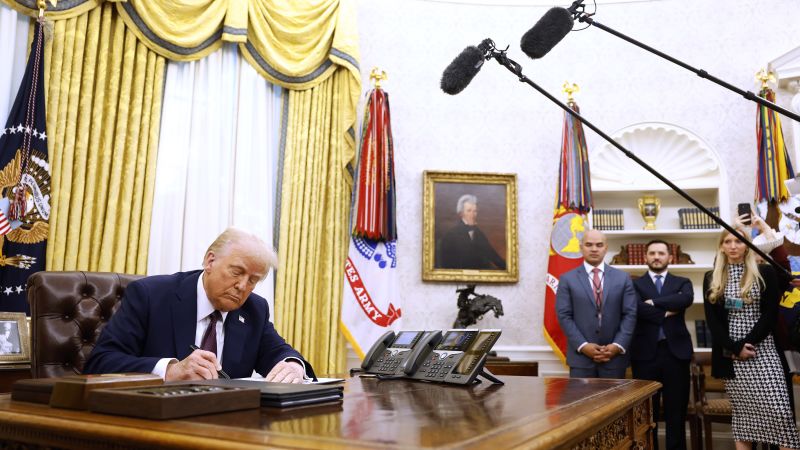Recommended by the American Academy of Pediatrics (AAP), by conducting audiological examinations for all newborns, with the aim that all children undergo a hearing examination by the first month of life, preferably before they return home from the hospital, to identify all children who are deaf or hard of hearing to receive early intervention services that can make a big difference in their Communication and language development.
Why do newborns need a hearing examination?

Hearing screening is an important first step to help understand if your baby is deaf or hard of hearing. Without a newborn hearing screening, it is difficult to know when hearing changes occur in the early months and years of your baby’s life..
Babies may respond to noises by turning their heads toward the sound, for example. But this does not mean that they can hear all the sounds around them and everything we say, children who are deaf or hard of hearing may hear some sounds but they do not hear enough to understand spoken language.
Infants who are deaf or hard of hearing need support services, care, and early intervention to promote healthy development. If the hearing condition is not identified, it may have negative effects on the child’s communication and language skills. In the long run, hearing loss can also affect the child’s academic achievement and development. social and emotional.
How is a newborn hearing checked?
There are two screening methods that can be used:
Automated auditory brainstem response (AABR) – This monitor measures how the auditory nerve and brain respond to sound Clicks or tones are played through soft earphones in the child’s ears Three electrodes placed on the child’s head measure the auditory nerve and the brain’s response.
acoustic emissions
acoustic emissions (OAE) – This monitor measures the sound waves produced in the inner ear. A small probe is placed inside the child’s ear canal. Measures the response (echo) when clicks or tones are played in a child’s ears.
Both screens are quick (about 5 to 10 minutes), painless, and can be done while your child is sleeping or lying down One or both screens can be used.
What if my child does not pass the initial hearing test?
If your baby did not pass a hearing test at birth, it does not necessarily mean that he is deaf or hard of hearing. The presence of fluid or fat inside the baby’s ear, for example, or a lot of noise in the room can affect the results, most babies who do not pass a newborn test. Births have typical hearing, but further tests are needed.
Be sure to talk to your child’s pediatrician about scheduling more tests if your child does not pass the initial hearing screening at birth. Additional testing should be done as soon as possible, but before your child is 3 months old.
If my child is diagnosed as deaf, what are the treatment and intervention options?
If your child’s audiologist confirms changes in hearing have occurred, treatment and early intervention should begin with a team of providers as soon as possible.
Studies show that your baby will have the best chance of developing spoken language, if any hearing changes are detected, and support and intervention start at 6 months of age the better.
What if the child passed the examination stage?
Some children may develop hearing loss later in childhood. Causes of late onset or progressive hearing loss in children can include genetics, frequent ear infections, other infections such as measles or meningitis, head injury, and exposure to harmful levels of loud noise. Newborns who require an extended period of neonatal intensive care may be at increased risk of later hearing loss, passive smoking..





